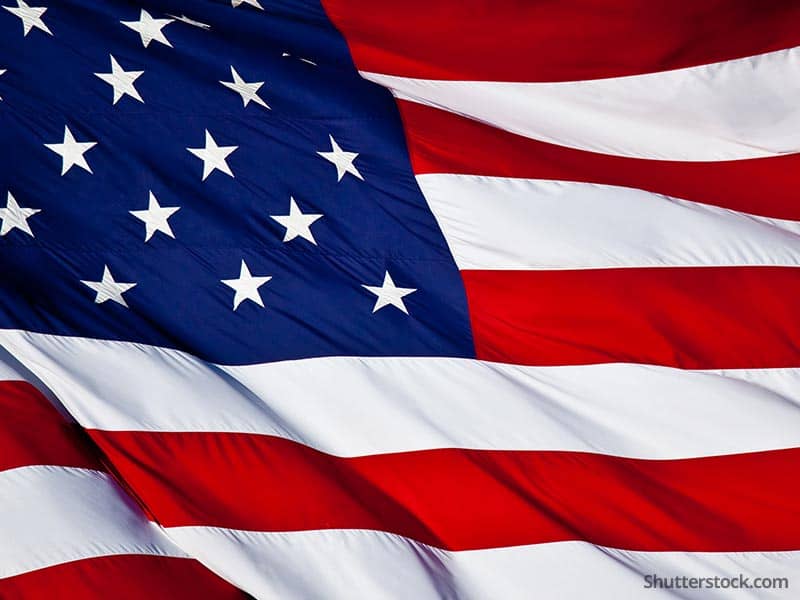August 21, 2000--There are new turns, twists, and quantum leaps in Campaign 2000. But "Sightings" is bemused over the absence of historical sense among the many commentators who think religion in the campaign and the White House this year is unprecedented, a new invention.
Baptist Harry S. Truman, biblically informed though he was, disdained public shows of piety and took Billy Graham to task for misusing a White House meeting. Graham learned, and changed. Dwight D. Eisenhower, baptized by a Presbyterian after his election, promoted "faith in faith," a kind of generalized religiosity for the nation. William Lee Miller, in his book "Piety Along the Potomac," typically saw Ike as pioneer in the first phase of Cold War-era piousness.
Catholic John F. Kennedy's campaign found his religion to be an issue--if not the issue--because of his Catholicism. It was vivid in his biography, but less discernible as a motor for his action and style. Lyndon B. Johnson, committed to the Christian church (Disciples of Christ), invoked religion in support of civil rights, welfare legislation, and, alas for him, the Vietnam War. The religious right began to show up behind his foe, Barry Goldwater.
Richard M. Nixon, of Quaker background, imported clerics to the White House and held services there. Critics like Charles Henderson, who wrote "The Nixon Theology," claimed his services and religious expressions were self-serving. His opponent in 1972, George McGovern, expressed himself in the terms of liberal United Methodist-style theology, and lost badly.
Ronald Reagan regathered the evangelical rightists and fused the Eisenhower generalist and Carter evangelical styles in frequent, visible, appealing-to-some, controversial displays of faith. In his years, Democrats the Rev. Jesse Jackson, divinity school refugees like Gary Hart, and Walter Mondale (of a clerical family) kept liberal religious themes before the public.
George Bush continued the Reagan lineage, welcoming evangelist counselors while remaining mainline Episcopalian. Opponent Michael S. Dukakis' Greek Orthodox commitment caused some comment for a time, but little controversy.
Bill Clinton went further with the country-and-westernization. Biblically steeped, as were fellow Baptists Truman and Carter, Clinton was a very visible churchgoer and instinctive Bible-quoter.

